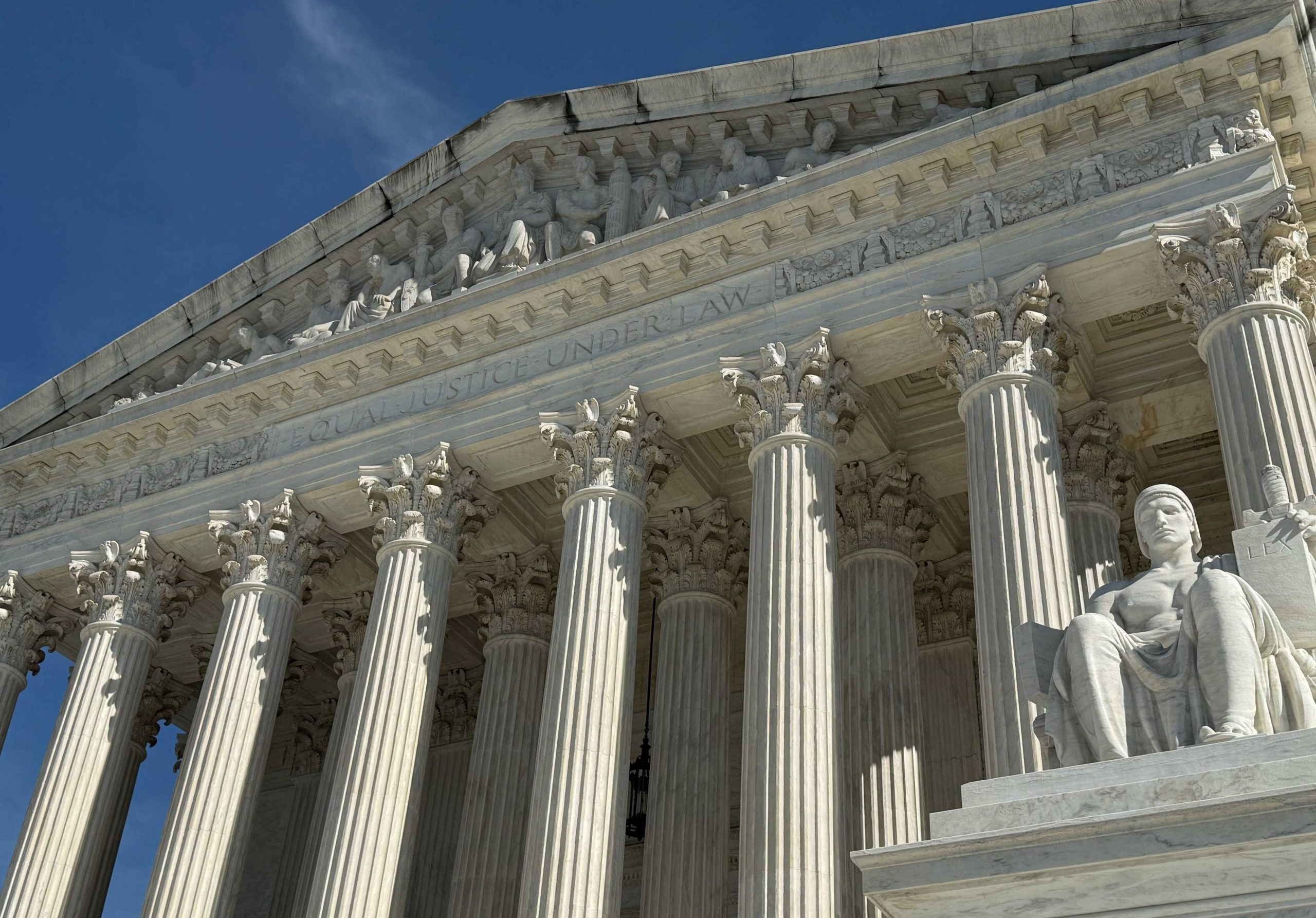ARGUMENT ANALYSIS
on Dec 3, 2024
at 10:56 am

The justices heard arguments in United States v. Miller on Monday. (Katie Barlow)
Typically, in bankruptcy proceedings a creditor must return payments made shortly before the debtor filed for bankruptcy. At Monday’s argument in United States v. Miller, the justices were asked to decide whether that same rule applies to the Internal Revenue Service.
Although Section 106 of the Bankruptcy Code includes an explicit and comprehensive waiver of the federal government’s sovereign immunity in bankruptcy, the IRS argues that the specific language of the waiver does not subject the agency to the obligation private creditors face to return funds paid to them by insolvent debtors shortly before a bankruptcy filing. The case turns on the language of Section 544(b) of the Bankruptcy Code, which allows the trustee in bankruptcy to “avoid†– that is, invalidate and recover – “any transfer … that is voidable under applicable law by a creditor holding†a valid claim against the debtor.†The section usually allows the trustee to recover “fraudulent conveyances,†transfers that a debtor makes shortly before bankruptcy.
All Resort Group, Inc., made a payment to the IRS to pay off its owner’s income taxes about three years before filing for bankruptcy. The question before the Supreme Court is whether the trustee in All Resort Group’s bankruptcy, David Miller, can seek to recover the funds paid to the IRS under Section 544(b) even though the IRS’s sovereign immunity would have prevented a suit against the IRS under the “applicable law,†Utah’s Uniform Fraudulent Transfers Act.
For the most part, the justices seemed unsure about which way to turn. In questioning Yaira Dubin, representing the IRS, Justice Amy Coney Barrett pressed the concern that the IRS’s reading would leave Section 106 wholly futile as applied to Section 544, even though the former lists Section 544 as one one of the sections to which its waiver of sovereign immunity should apply. When Dubin responded that Section 106 would validate actions against the IRS under Section 544(a), Justice Neil Gorsuch responded that Section “106 waives sovereign immunity with respect to all of 544. It doesn’t single out (a). And I think the gist of your argument is that, as you read 544(b), 106 is effectively rendered a nullity.â€
For Gorsuch (who seemed to be the strongest supporter of the trustee seeking to recover the funds), this seemed to fly in the face of the court’s past practice, which included, he noted, “a very old case written by Oliver Wendell Holmes no less … that says sometimes a trustee’s power to avoid property transfers can transcend the rights of the creditor in whose shoes he might otherwise step.â€
Justice Brett Kavanaugh also appeared skeptical of the government, asking Dubin to explain why the government’s position wouldn’t “create a playbook for fraud, that you pay your personal tax debts with corporate funds and let the IRS then … hide behind sovereign immunity that would short-change creditors.â€
But the questioning was not any easier when Lisa Blatt came to the podium to defend the trustee’s efforts to recover from the IRS. Justice Ketanji Brown Jackson probably was the most skeptical there, characterizing Blatt as both “accepting that Congress was … allowing for the trustee to stand in the shoes of the actual creditor [and] saying the trustee can do more, essentially, … than the actual creditor.†“I feel like those two things are inconsistent,†Jackson said.
There was one high point during Blatt’s argument when Gorsuch, repeating her argument back to her, seemed to signal his support. As he put it, she believes that the government errs in saying that “you’ve got to look at to whom the transfer was made,†because “the statute doesn’t say that. It says you ask whether the transfer is voidable by the creditor. And that transfer is voidable [here] because it was done unlawfully, fraudulently.†He went on to emphasize that in other places in the Bankruptcy Code, “when Congress wants to [protect] the transferee and make a difference there, it does so,†pointing to “protect[ions for] good-faith purchasers.â€
Again, though, Jackson was dubious of that line of argument, telling Blatt “that the result of your view is that the trustee can recover money from the estate under this particular circumstance in a way that no actual creditor could because you concede that all actual creditors bringing a lawsuit against the United States … would be barred by sovereign immunity.â€
This sounds to me like a case in which the justices had read the briefs but formed so few strongly held predispositions that they were pretty much completely undecided coming into the argument. I wouldn’t be surprised if they come to a unanimous or nearly unanimous consensus when they go back to their chambers and study the case more closely. We should know about the time of the spring showers in March and April.





